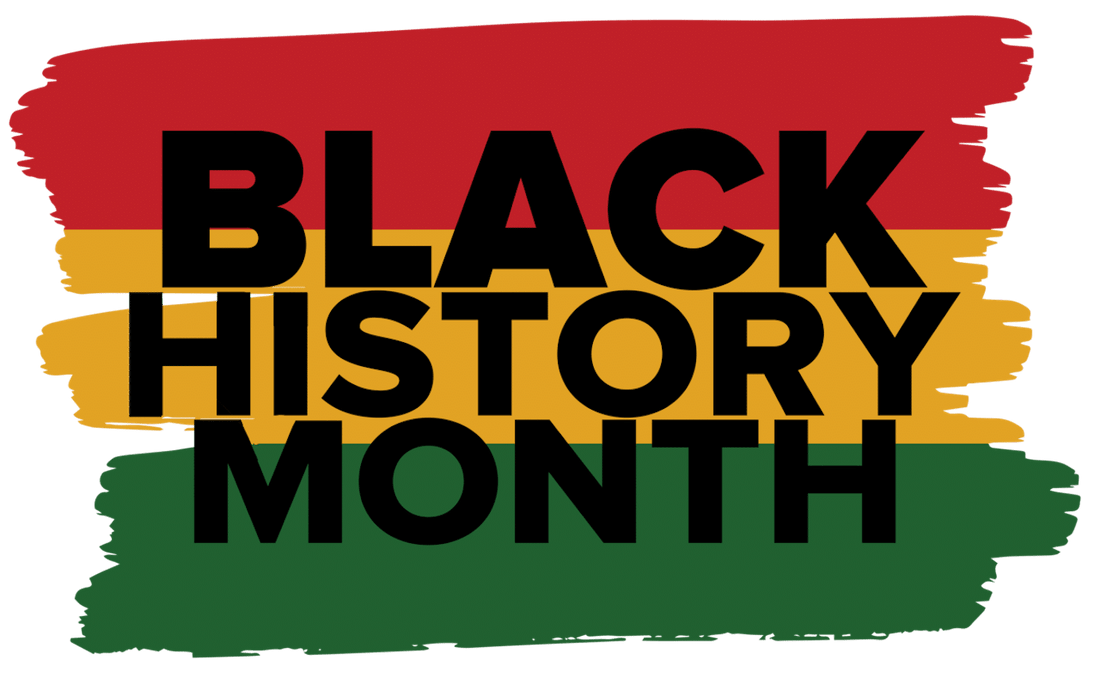
Books for Black History Month
As a former History teacher, I passionately support the idea of utilising both fiction and non-fiction to broaden perspectives and understand the experiences and challenges encountered by others.
Fiction allows us to immerse ourselves in the emotions, thoughts, and motivations of characters, often reflecting real historical contexts and societal issues. It provides a narrative lens through which we can explore empathy and gain insights into the human condition.
Non-fiction, on the other hand, grounds us in factual accounts, offering a detailed, analytical look at past events and the complexities of different cultures and societies.
Reading books is one of the most common ways people celebrate Black History Month and for good reason—it’s a wonderful way to relax while expanding your knowledge.
Here are six book suggestions for your February reading list.
SLAVERY AND THE FIGHT FOR FREEDOM
Incidents in the Life of a Slave Girl by Harriet Jacobs
We start our Black History Month book list with an autobiography that will capture your heart and soul from page one. Incidents in the Life of a Slave Girl was written by Harriet Jacobs in 1861. In the book, Jacobs gives a harrowing account of her life as a slave, including the sexual harassment she endured at the hands of her slave master and the heartbreak of being separated from her children. To escape, Jacobs spent seven years hiding in an attic before she could make her way north to freedom. She eventually joined the antislavery movement and helped freed slaves after the Civil War.

TRACING 300 YEARS OF HISTORY
Homegoing by Yao Gyasi
Two half-sisters, Effia and Esi, are born into different villages in eighteenth-century Ghana. Effia is married off to an Englishman and lives in comfort in the palatial rooms of Cape Coast Castle. Unbeknownst to Effia, her sister, Esi, is imprisoned beneath her in the castle's dungeons, sold with thousands of others into the Gold Coast's booming slave trade, and shipped off to America, where her children and grandchildren will be raised in slavery. A novel of breathtaking sweep and emotional power that traces three hundred years in Ghana and along the way also becomes a truly great American novel. Extraordinary for its exquisite language, its implacable sorrow, its soaring beauty, and for its monumental portrait of the forces that shape families and nations, Homegoing heralds the arrival of a major new voice in contemporary fiction.

TERROR IN A PRE-CIVIL WAR ERA
Underground Railroad by Colton Whitehead
Cora is a slave on a cotton plantation in Georgia. Life is hell for all the slaves, but especially bad for Cora; an outcast even among her fellow Africans, she is coming into womanhood - where even greater pain awaits. When Caesar, a recent arrival from Virginia, tells her about the Underground Railroad, they decide to take a terrifying risk and escape.
As Whitehead brilliantly re-creates the unique terrors for black people in the pre-Civil War era, his narrative seamlessly weaves the saga of America from the brutal importation of Africans to the unfulfilled promises of the present day.

A FAMILY HISTORY THAT CHANGES EVERYTHING
Black Cake by Charmaine Wilkerson
In present-day California, Eleanor Bennett’s death leaves behind a puzzling inheritance for her two children, Byron and Benny: a black cake, made from a family recipe with a long history, and a voice recording. The heartbreaking tale Eleanor unfolds, the secrets she still holds back, and the mystery of a long-lost child challenge everything the siblings thought they knew about their lineage and themselves.
Charmaine Wilkerson’s debut novel is a story of how the inheritance of betrayals, secrets, memories, and even names can shape relationships and history. Deeply evocative and beautifully written, Black Cake is an extraordinary journey through the life of a family changed forever by the choices of its matriarch.

AN APOCALYPTIC EVENT OR JUST FAILURE OF SOCIETY?
Parable of the Sower by Octavia Butler
Written in 1995, Butler's novel is set in 2024, where the world is descending into madness and anarchy, and one woman begins a fateful journey toward a better future. Lauren Olamina and her family live in one of the only safe neighborhoods remaining on the outskirts of Los Angeles. Behind the walls of their defended enclave, Lauren’s father, a preacher, and a handful of other citizens try to salvage what remains of a culture that has been destroyed by drugs, disease, war, and chronic water shortages. While her father tries to lead people on the righteous path, Lauren struggles with hyperempathy, a condition that makes her extraordinarily sensitive to the pain of others.
When fire destroys their compound, Lauren’s family is killed and she is forced out into a world that is fraught with danger. With a handful of other refugees, Lauren must make her way north to safety, along the way conceiving a revolutionary idea that may mean salvation for all mankind.

GROWING UP WITH PREJUDICE
I Know Why the Caged Bird Sings by Maya Angelou
It is amazing to think that Angelou's description of poverty and unreasoning prejudice is within living memory, in a so-called “free” country like America.
What comes across in this book, especially to a non-American, is that the racial segregation was condoned. It was the norm at all points. It seems so entrenched that it is startling that any progress could be made from such a point. For this appalling account of ignorance and prejudice is surprisingly recent. Maya Angelou was born in 1928 and she is describing events which were closer in time to when she was writing them, than we now are ahead in time. It ends in 1944, before the end of World War II. This is the first part of her autobiography, which finally ran to seven volumes, the final volume being published in 2013.
